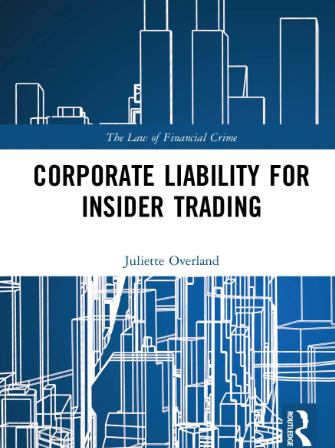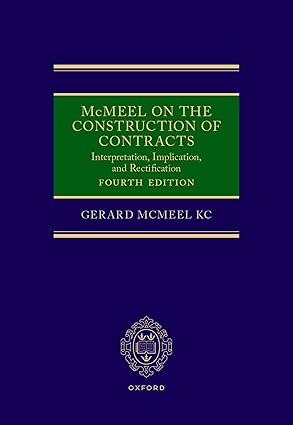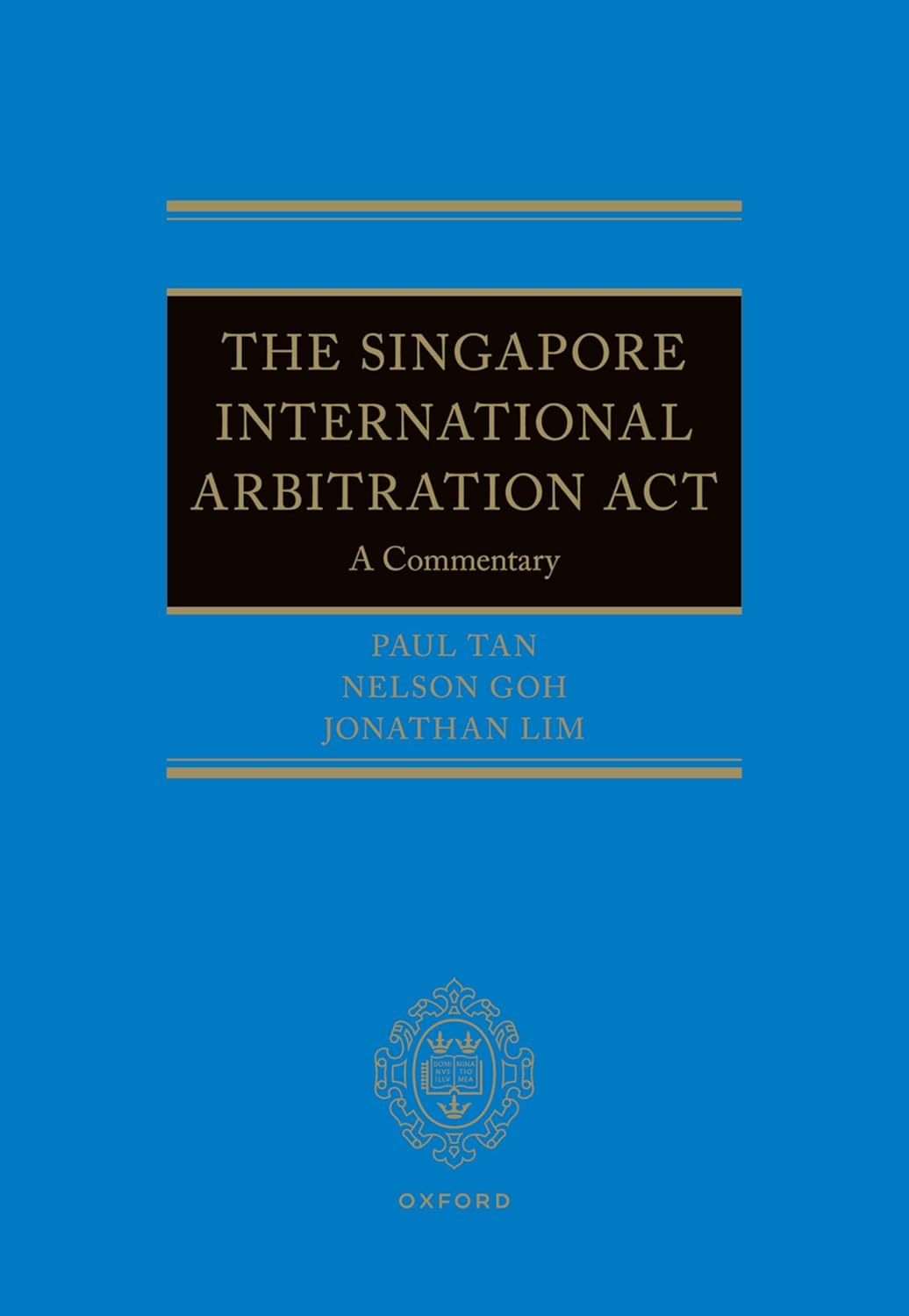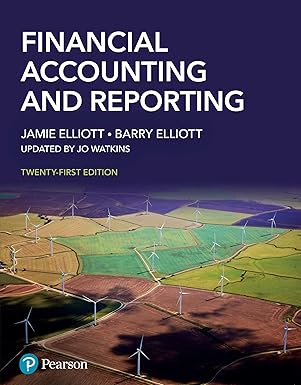دانلود کتاب Corporate Liability for Insider Trading - Original PDF
Author:
Juliette Overland
0 (0)
توضیحات کتاب :
Corporate Liability for Insider Trading examines the reasons why there have been no successful criminal prosecutions, or successful contested civil proceedings, against corporations for insider trading, and analyses the various rationales for prohibiting insider trading. It reviews the insider trading regulatory regime and describes its key features, using both national and international examples. The book inspects a variety of criminal and civil models of corporate liability and considers the historical and theoretical basis on which corporations are subject to insider trading laws. The specific elements of the insider trading offence and the manner in which they are attributed to corporations are analysed in detail. Defences available to corporations such as Chinese Walls are explored, and the obligations that are imposed on businesses as a result of insider trading regulation – security trading policies and notifications, continuous disclosure obligations, and duties concerning conflicts of interest – are detailed and examined. The book concludes with reform proposals intended to remedy the many legal and commercial difficulties identified, in order that a new regulatory regime might be adopted to better serve regulators, businesses, investors, and the broader market. This volume addresses these corporate law topics and will be of interest to researchers, academics, financial institution compliance officers, investment bankers, corporate and comparative lawyers, and students and scholars in the fields of commercial law, corporate law, financial crime, company law, and white collar crime.
سرچ در وردکت | سرچ در گودریدز | سرچ در اب بوکز | سرچ در آمازون | سرچ در گوگل بوک
1,088 بازدید 0 خرید










